[最も好ましい] hepatitis c skin 138039-Does hep c cause a rash
DESIGN We present two case reports to outline the pertinent findings in hepatitis Crelated cryoglobulinemia, leukocytoclastic vasculitis, and lichen planus and discuss the main disorders associated with chronic HCV infection RESULTS Chronic HCV infection has recently been recognized in association with various skin disordersHepatitis C virus (HCV)related cryoglobulinemia commonly causes disabling complications including peripheral neuropathy and neuropathic pain In this prospective clinical, neurophysiological, and skin biopsy study we aimed at assessing clinical characteristics and risk factors of peripheral neuropaIt is a type of viral hepatitis During the initial infection people often have mild or no symptoms Occasionally a fever, dark urine, abdominal pain, and yellow tinged skin occurs

Pdf Chronic Hepatitis C Treatment Related Skin Rash A Report Of Two Cases
Does hep c cause a rash
Does hep c cause a rash- Hepatitis C virus and hepatitis B can make an infected person very sick and they are risk factors for liver cancer, liver disease, liver failure, and liver damage Prior to 1992, blood transfusion was a risk for contracting hepatitis C infection Hepatitis B and C are bloodborne infections, while hepatitis A is easier to catch, but less serious Pruritus is a term for severe itching of the skin It has many causes and hepatitis C is one of those causes in approximately % of patients with latestage disease Itching may also happen to patients with less liver scarring and early stage disease and the reasons for that are not clear




Skin Manifestations Of Chronic Hepatitis C Virus Infection Infectious Disease Advisor
Risk factors for manifestations of extrahepatic chronic hepatitis C infection include advanced age, female sex, and liver fibrosis Symptoms Hepatitis C can cause a variety of skin concerns, including discoloration, swelling, hives, and itching It's also possible for skin irritation to Pessac, France The skin is said to be the mirror of what goes on in the body, and patients with internal disease will commonly present with cutaneous manifestations Various dermatologic disorders are associated with viral hepatitis infections, and the unfortunate patient who contracts the virus will invariably present with skin symptoms, exposing the viral infection to
Acute and chronic hepatitis C virus (HCV) infection can affect the liver as well as nonhepatic tissues, including the skin ConryCantilena C, et al Routes of infection, viremia, and liver disease in blood donors found to have hepatitis C virus infection N Engl J Med 1996; De Carli G, Puro V, Ippolito G, et al Risk of hepatitis C virus transmission following percutaneous exposure in healthcare workers Infection 03;31suppl Symptoms of hepatitis B include abdominal pain, yellowing skin and dark urine The treatment of hepatitis is the prerequisite for the cure and diagnose of any hepatitis rash Before the diagnosing procedure, the blood is tested to know the severity and seriousness of the issue, and if this medical condition is indeed the cause of the rashes
Hepatitis C is an infectious disease caused by the hepatitis C virus (HCV) While people with HCV need to take precautions to prevent transmission to Chronic hepatitis C is a longterm illness that can lead to liver damage, including fibrosis and eventually cirrhosis In the past, the prognosis for chronic hepatitis C was poor Treatment involved weekly injections for up to a year Older hepatitis C drugs were very difficult to tolerate and only cured about half the people taking them Hepatitis C is a viral infection that's super sly;




Figure 1 From Vasculitic Syndromes In Hepatitis C Virus A Review Semantic Scholar




Hcv New Drugs Skin Rash During Hcv Therapy Pictures
The dermatologist's perspective "Louella came to me with a long history of generalized pruritus, but no rash After digging into her symptoms, I ordered tests that revealed she had chronic hepatitis C Itching can be a symptom of an underlying systemic disease, such as hepatitis C I'm glad I was able to help her get the care she neededSome people with hepatitis C experience jaundice (yellow eyes and skin), however this is more likely during the acute phase of hepatitis C (the first 6 months) or if your liver develops cirrhosis (severe liver scarring) 9 These are some other possible manifestations of hepatitis C on your skin, which can include General itchy skin, also known as pruritis Lichen planus, which are little purple or reddishpurple flat bumps that can develop in a variety of places on your body, including your skin, mouth, genitalia, hair follicles, and nails




Pdf Chronic Hepatitis C Treatment Related Skin Rash A Report Of Two Cases



3
From Wikipedia, the free encyclopedia Hepatitis C is an infectious disease caused by the hepatitis C virus (HCV) that primarily affects the liver;Hepatitis C virus infection was not significantly associated with increasing duration of employment (P = 85) or with any of the occupational exposures that could be evaluated, including, mucosal exposures (P = ), intact skin exposures (P = 92), administering injections (P = 86), inserting intravenous lines (P = 23), or being bitten (PHepatitis C "Hepa" means liver while "itis" is a general term used to indicate active inflammation in the body Hepatitis thus means an active inflammation of your liver caused by the hepatitis viruses, infections, as a side effect of certain medications, toxins, and autoimmune disorders Hepatitis B and C viruses cause the most severe form of
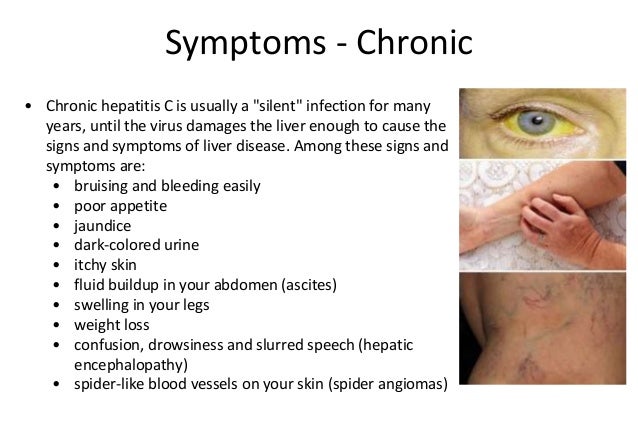



Hepatitis C




Skin Manifestations Of Chronic Hepatitis C Virus Infection Infectious Disease Advisor
Urticaria is the most common rash in acute HCV It comes in the form of a widespread, itchy, red rash on the skin Urticaria can cause the skin to swell, and it often comes in rounds that last forApproximately 250,000 of those are children Hepatitis C is transmitted by exposure to blood and body fluids of an infected person However, the most frequent source of transmission is Hepatitis C is a bloodborne illness, meaning it is transmitted via contact with infected blood Usually the virus enters the body through a puncture wound on the skin The most common way hepatitis C is transmitted is via injection drug use




Know More About The Symptoms Of Hepatitis C On Skin Hair And Nails Part 1 Human Hair Growth Hair Care Center Causes Prevention Treatments Restoration And Hair Styles




Hcv New Drugs Rash Hepatitis C Lichen Planus Photos
People with hepatitis C may also experience skin redness Red skin may be itchy, dry, splotchy, or have raised bumps If you notice significant or worsening skin redness, contact your healthcare provider to determine its cause A brief description of jaundice (part of the Cirrhosis program), from the VA National Hepatitis C Program Apply for and manage the VA benefits and services you've earned as a Veteran, Servicemember, or family member—like health care, disability, education, and moreHepatitis C is a liver disease caused by infection with the hepatitis C virus (HCV) HCV can cause both acute and chronic hepatitis infection, ranging in severity from a mild illness that lasts only a few weeks to a serious, lifelong illness resulting in cirrhosis and liver cancer The virus is mainly acquired by contact through broken skin




New Hepatitis C Treatment Week 13 A Fighting Chance Hep




A 56 Year Old Man With Chronic Hepatitis C Virus Had Annular Polycyclic Download Scientific Diagram
A commonly reported side effect of Hepatitis C is a skin rash associated with a terrible itching Sometimes this is Hep C skin rash can involve spots or tiny little pimples Sometimes this itching also occurs, or starts, at the beginning of Hepatitis C treatment but more usually it is a symptom of Hepatitis C The hepatitis C virus (HCV) is transmitted through exposure to infected blood or bodily fluids that contain blood through injection drug use, Hepatitis C is a viral infection that causes inflammation in the liver The liver plays a role in other body systems, including the skin As a result, hepatitis C
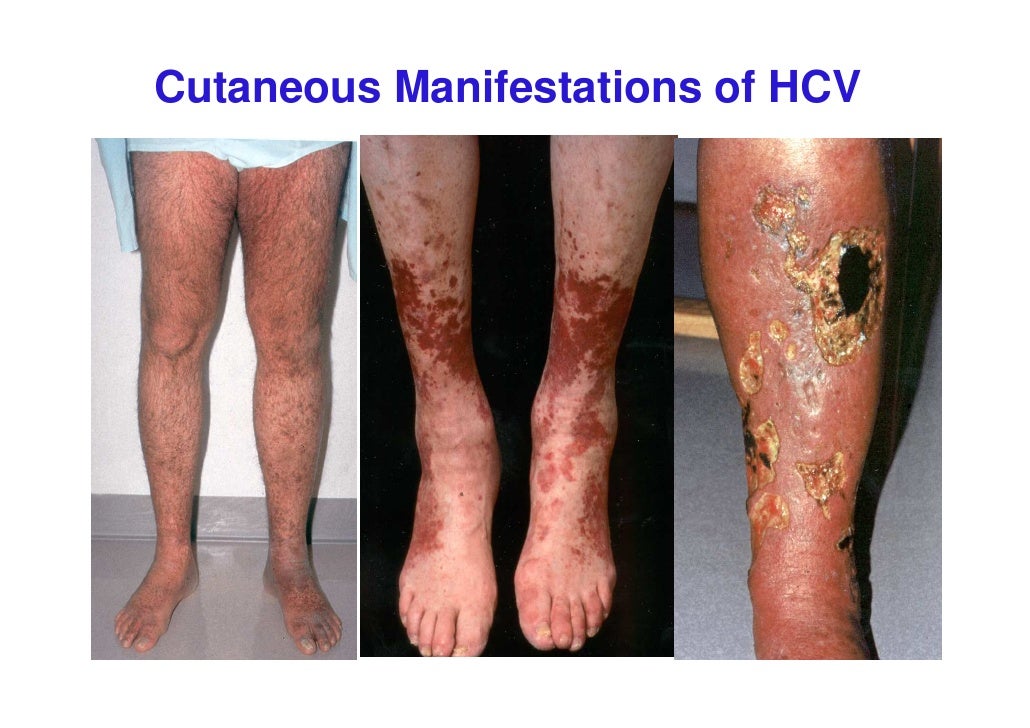



Cacoub Manif Extra Hepatiques
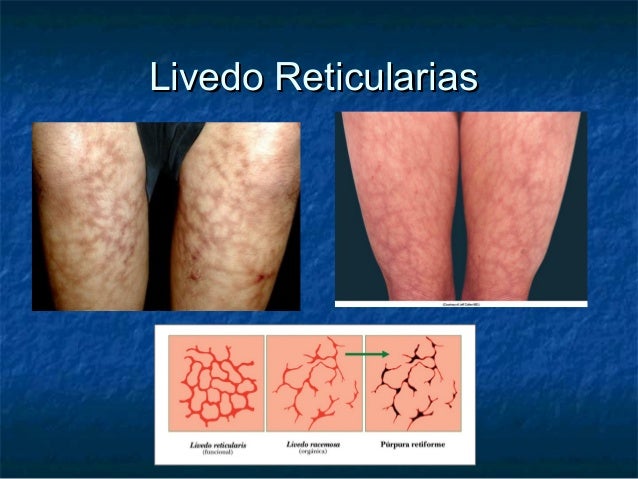



Extrahepatic Manifestations Of Hcv
Acute hepatitis C infection doesn't always become chronic Some people clear HCV from their bodies after the acute phase, an outcome known as spontaneous viral clearance In studies of people diagnosed with acute HCV, rates of spontaneous viral clearance have varied from 15% to 25% Acute hepatitis C also responds well to antiviral therapyBrynn,,,I didn't have skin problems from hep c before starting tx but of course now I am experiencing it I do know that hep can cause skin problems and maybe you could go to the dermatologist to get some kind of cream to help Doc,,,I agree about meds being so hard on us I have noticed a lot of drying out but not having the problems you are Only about onethird of patients with acute HCV have symptoms, which may include fatigue, anorexia, and myalgias (Pearlman, 04) Interestingly, these patients are more likely to clear the virus




Pdf Chronic Hepatitis C Treatment Related Skin Rash A Report Of Two Cases




Skin Manifestations Of Chronic Hepatitis C Virus Infection Infectious Disease Advisor
A commonly reported side effect of Hepatitis C is a skin rash associated with a terrible itching Sometimes this is Hep C skin rash can involve spots or tiny little pimples Sometimes this itching also occurs, or starts, at the beginning of Hepatitis C treatment but more usually it is a symptom of Hepatitis CBackground The hepatitis C virus (HCV) is an RNA virus HCV is a major cause of both acute and chronic hepatitis Persons become infected mainly through parenteral exposure to Endstage hepatitis C means the liver has been severely damaged by the hepatitis C virus The hepatitis C virus slowly damages the liver over many years, often progressing from inflammation to permanent, irreversible scarring (cirrhosis) Often, people have no signs or symptoms of liver disease or have only mild symptoms for years or even




Hepatitis C Zee News



Hep C Cause Rash
Skin rashes, bumps, or itchy spots signal hepatitis C virus infection and should not be left untreated They can also be due to liver damage or side effects of Hepatitis C virus infection treatment Along with affecting the liver, hepatitis C affects other parts of the body including the skin Skin problems occur in hepatitis C when the liver doesn't function properly and filteringHepatitis C is an infectious bloodborne virus that attacks the liver In the United States, more than 4 million people have had hepatitis C virus infection;For people who develop symptoms, they usually happen 2–12 weeks after exposure to the hepatitis C virus and can include yellow skin or eyes, not wanting to eat, upset stomach, throwing up, stomach pain, fever, dark urine, lightcolored stool, joint pain, and feeling tired What are the symptoms of chronic (longterm) hepatitis C?
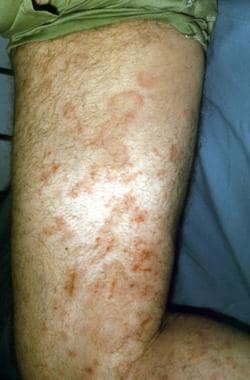



Cutaneous Manifestations Of Hepatitis C Clinical Presentation History Physical Examination Complications




What Does Hepatitis C Look Like
Half of those who have it are unaware they have it Jaundice skin or eyes As levels of bilirubin build up, the whites of your eyes andHepatitis C is spread only through exposure to an infected person's blood Highrisk activities include Sharing drug use equipment Anything involved with injecting street drugs, from syringesOverview of hepatitis C and skin Chung CM(1), Nunley JR Author information (1)Dermatology, Virginia Commonwealth University Medical Center, Richmond, VA, USA Hepatitis C (HCV) is the most common cause of chronic liver disease and hepatocellular carcinoma, as well as the leading indication for liver transplantation in the Western world
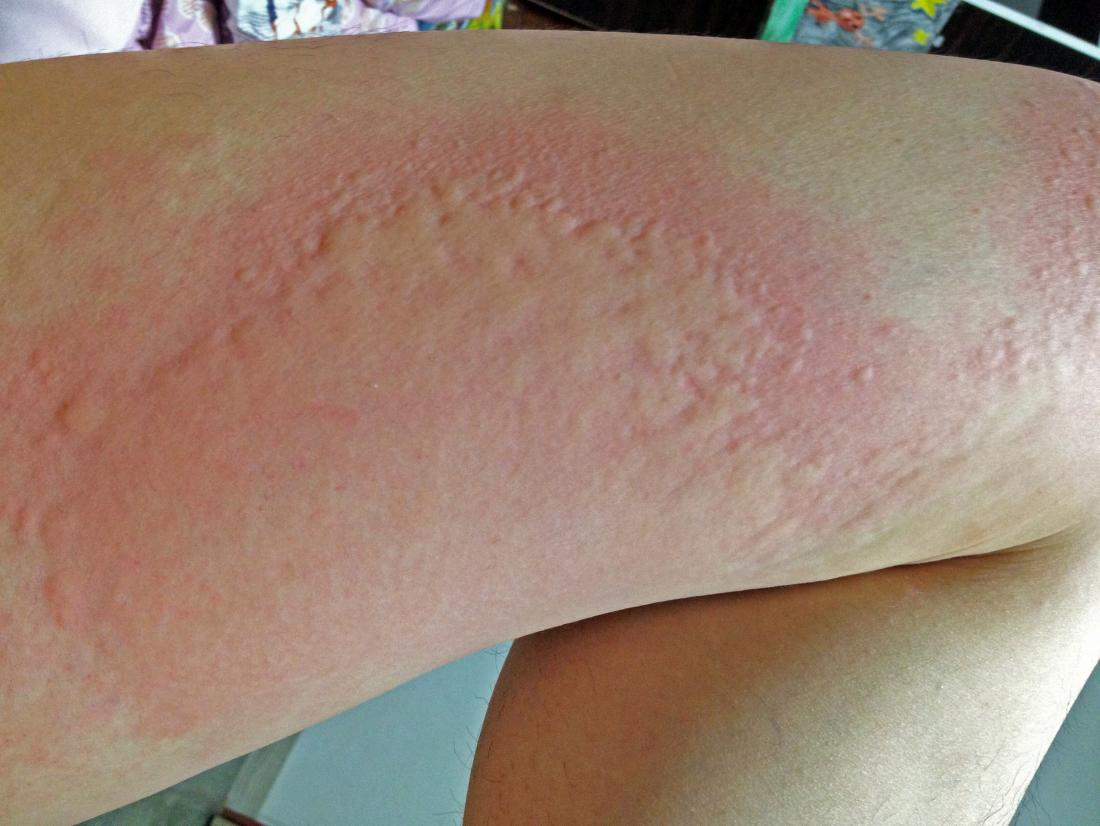



Is It A Hepatitis C Rash



Q Tbn And9gctv1xwjhiuaeknt3k5 Uygdtfyqgd0wvmrrbhkwnkofpk7vbgp2 Usqp Cau
Hepatitis C affects your liver the most, but it can cause problems with other body parts, too, including your skin Bumps, rashes, and itchy spots may be the first signs you notice of thisThe hepatitis C virus (HCV) is a major cause of chronic liver disease in the United States In some cases, hepatitis C patients will develop peripheral neuropathy The hepatitis C virus is spread mainly by direct contact with infected blood (or blood products) through an opening in the skin or through a mucus membrane A hepatitis C skin rashes can be a sign of an allergic reaction, but it can also indicate a severe liver damage Rashes that indicate a possibility of severe liver damage has the following characteristics severe itching in one spot presence of spider veins
/hepatitis-c-symptoms-5b4f9f0bc9e77c0037645cb6.png)



Hepatitis C Virus Signs Symptoms And Complications
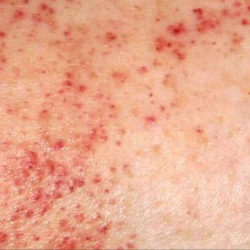



Treating Clients With Petechiae Ascp Skin Care Professionals
Hepatitis C Definition Hepatitis C is a form of liver inflammation that causes primarily a longlasting (chronic) disease Acute (newly developed) hepatitis C is rarely observed as the early disease is generally quite mild Spread mainly by contact with infected blood, the hepatitis C virus (HCV) causes most cases of viral liver infection not due to the Hepatitis C is a liver disease caused by the hepatitis C virus (HCV) the virus can cause both acute and chronic hepatitis, ranging in severity from a mild illness lasting a few weeks to a serious, lifelong illness Hepatitis C is a major cause of liver cancer The hepatitis C virus is a bloodborne virus the most common modes of infection areThe Hepatitis C Virus (otherwise known as HCV) reproduces in the liver causing inflammation and possibly cirrhosis, liver failure, or liver cancer much like the Hepatitis B virus does However, HCV is a different virus with its own traits A person may be infected and have no signs or symptoms, and they can live with the virus for decades
.jpg)



Skin Challenge Urticaria Associated Skin Care Professionals




Figure 4 From Erythema Induratum And Chronic Hepatitis C Infection Semantic Scholar
Many people with hepatitis C do not have symptoms and do not know they are infected If symptoms occur, they can include yellow skin or eyes, not wanting to eat, upset stomach, throwing up, stomach pain, fever, dark urine, lightcolored stool, joint pain, and feeling tired Prolonged hepatitis C infection can damage the body, particularly with a skin rash called lichen planus Most of the disorder may involve skin, scalp, genitalia, mouth, and nails Lichen planus appears white and have patches or scaly The lichen planus side effect also makes the skin very dry or have eczema The Hepatitis C Virus (HCV) is a highly infectious condition that largely attacks the liver in sufferers If left untreated it can lead to liver failure which can as a direct result affect our immune system and our digestive system Another lesser known effect of HCV (and some of its medical treatments) is that it can also cause a skin rash




What Does Hepatitis C Look Like




Figure 2 From Skin As A Reflection Of Hepatitis C Virus Infection And Adverse Effects Of Its Treatment Semantic Scholar
Communities > Hepatitis C > skin A A A Close skin rsterling I'd like to hear from anyone about the dryness of the skin My skin looks years older if not more I'm thinking of soaking in baby oil Of course I am drinking A LOT of water Just curious as to what others may be doing Especially, womenThe term "viral hepatitis" is often used to describe infection by a virus from the hepatotrophic family These infections are called hepatitis A (HAV), hepatitis B (HBV), hepatitis C (HCV), hepatitis D (HDV) and hepatitis E (HEV) Newly discovered pathogens (eg virus SENV) may account for additional cases of nonA/nonE hepatitis



Hepatitis C Symptoms Itching
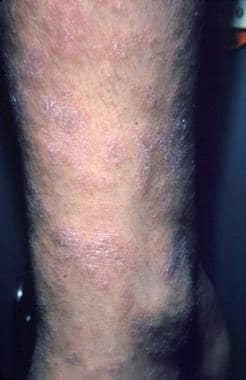



Cutaneous Manifestations Of Hepatitis C Clinical Presentation History Physical Examination Complications




Is My Skin Rash A Sign Of Hepatitis C Urticaria And Hcv




Hepatitis C Symptoms 11 Early Warning Signs Symptoms Of Hep C Liver Diseases Info




Skin Manifestations Of Chronic Hepatitis C Virus Infection Infectious Disease Advisor
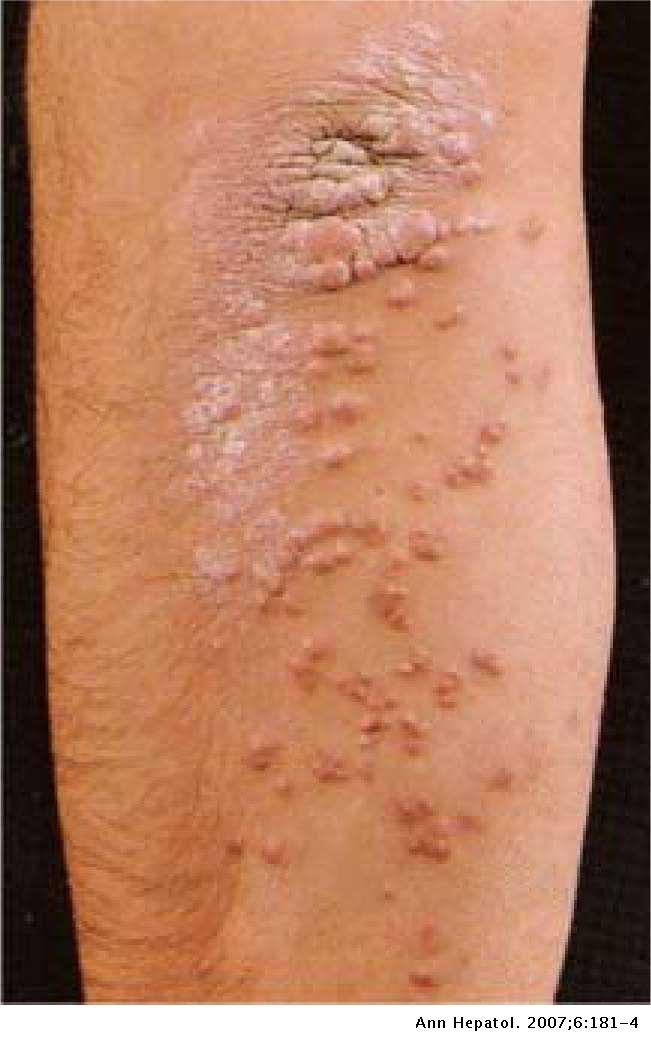



Skin Manifestations Of Liver Diseases Annals Of Hepatology
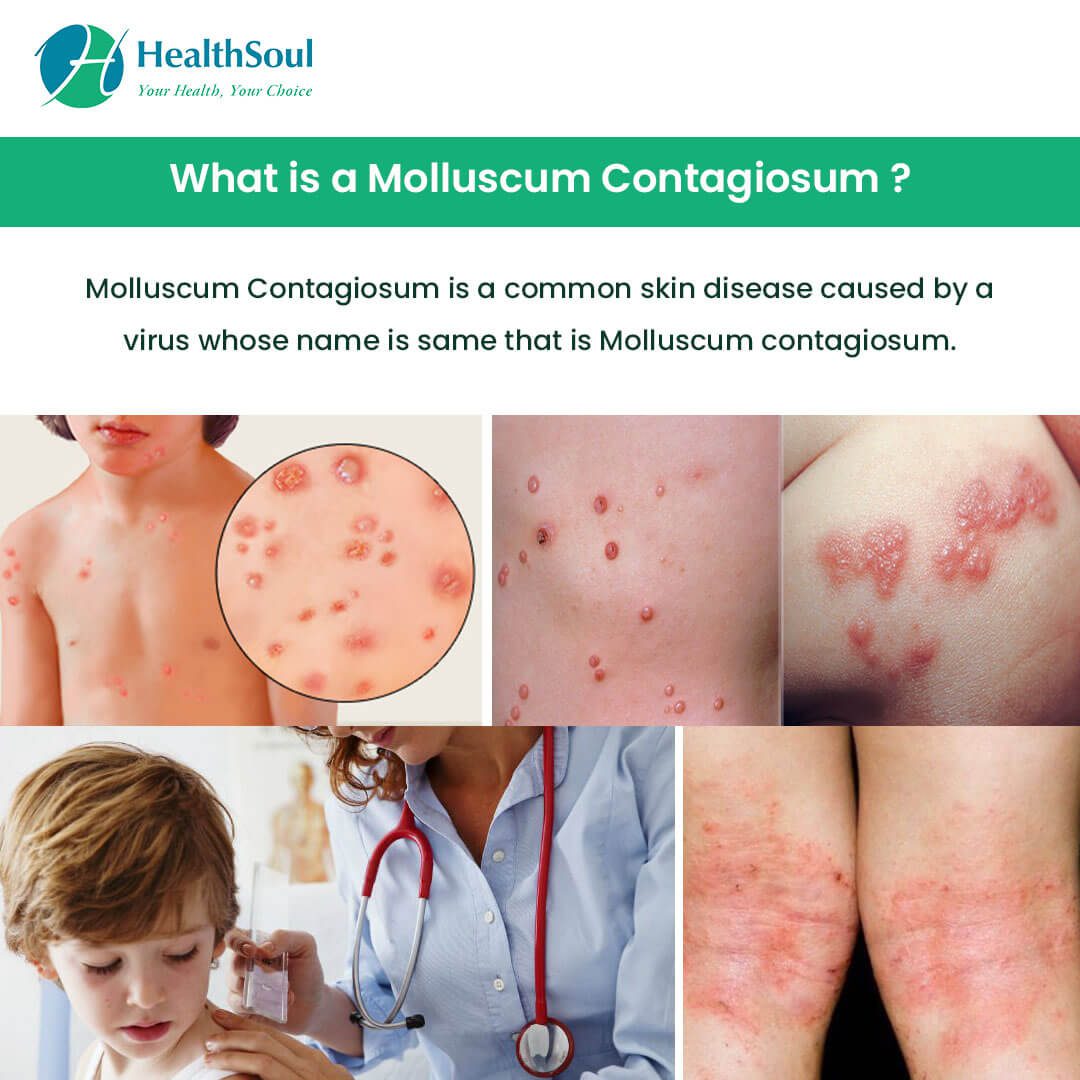



Hepatitis C Community Health Systems Of Wisconsin
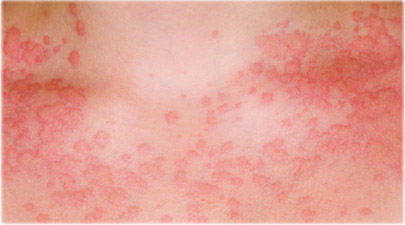



Heptatitis C Skin Care Sun I Help C




Skin Manifestations Of Liver Diseases Annals Of Hepatology




Atrophic Rash In A Hepatitis C Patient Page 2 Of 2 Clinical Advisor
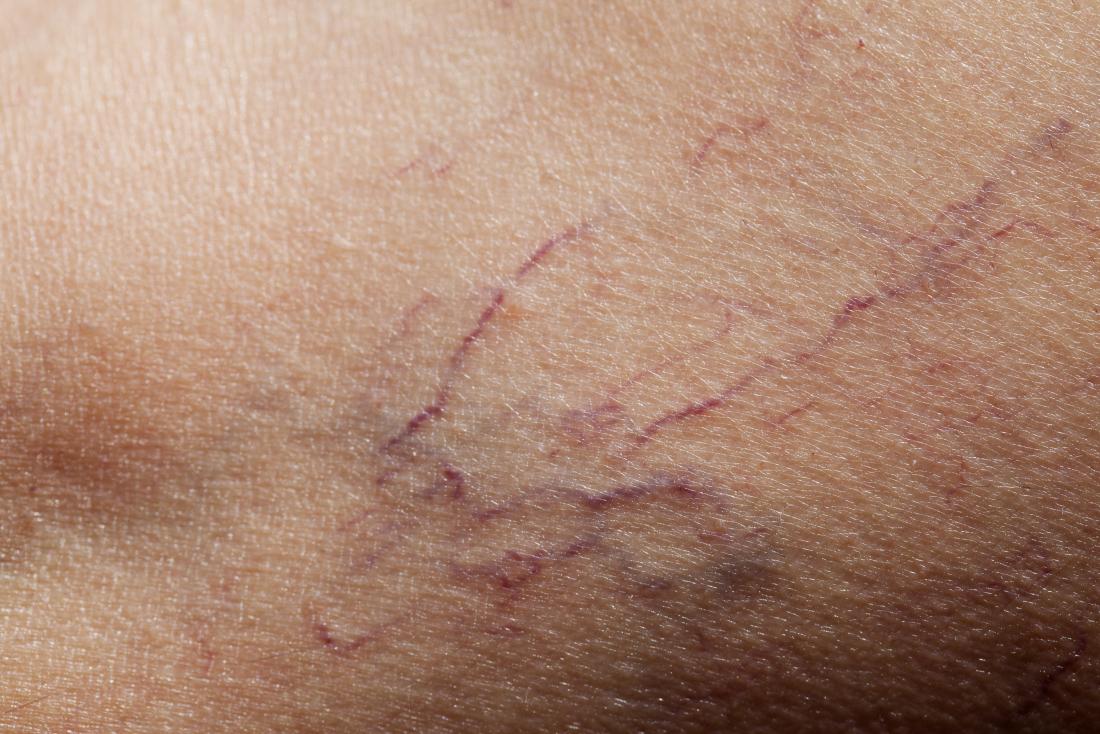



Is It A Hepatitis C Rash
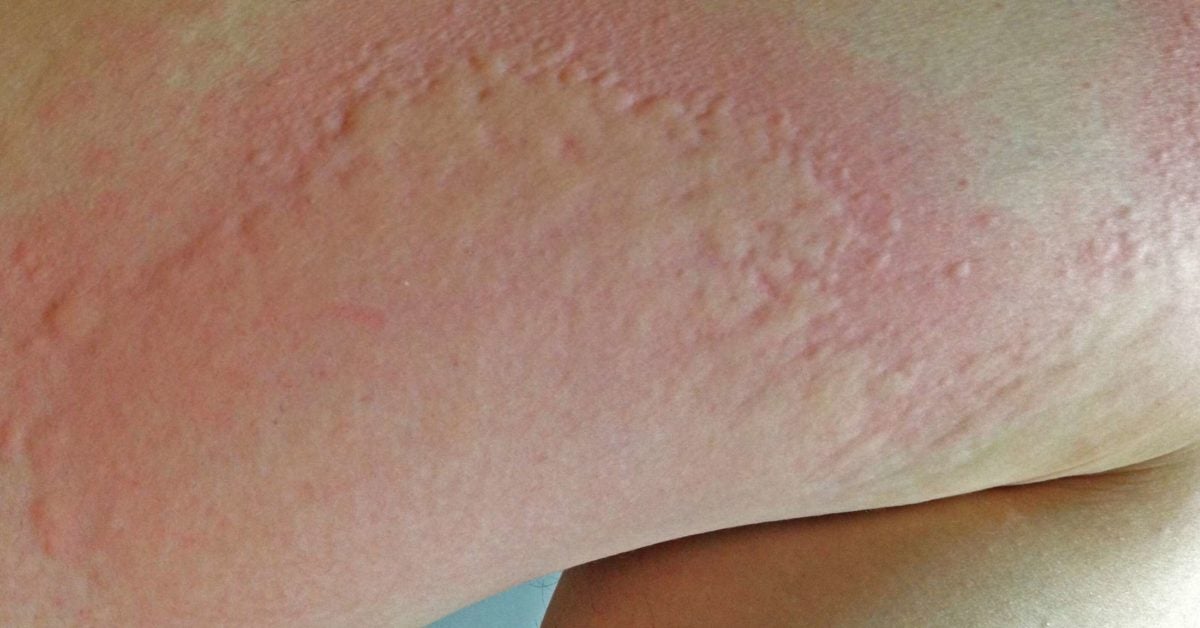



Is It A Hepatitis C Rash



Q Tbn And9gctyitb6hs2vcdj1dliureow59twosek 8iqru6umivbafcatfcq Usqp Cau
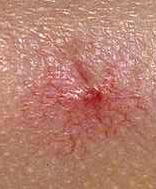



Got Hbv What Is Your Skin Trying To Tell You Hepatitis B Foundation




Know The Signs What Liver Disease Looks Like In Hepatitis C



Can Hep C Cause Itching
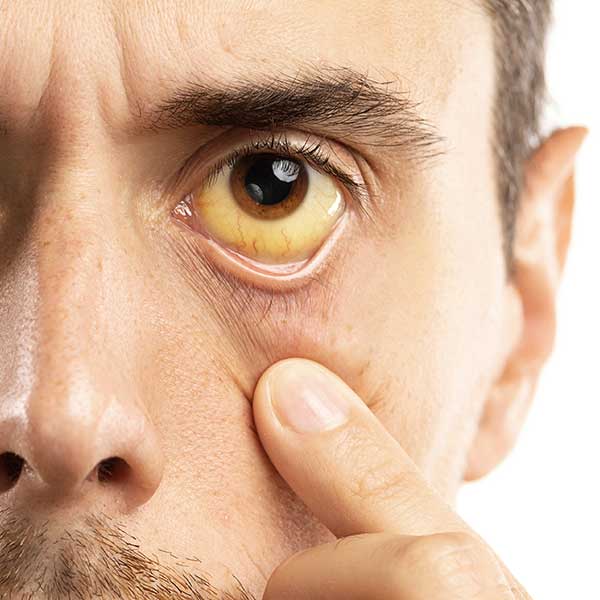



Hepatitis C The Windsor Essex County Health Unit




Hepatitis C Symptoms Help For Hep C




Skin Lesions In A Patient On Therapy For Chronic Hepatitis C Clinical Gastroenterology And Hepatology




What Does Hepatitis C Look Like




Psoriasis And Hepatitis C Treated With Anti Tnf Alpha Therapy Etanercept
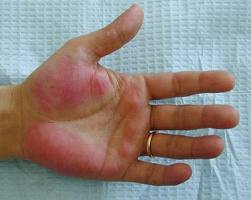



Got Hbv What Is Your Skin Trying To Tell You Hepatitis B Foundation
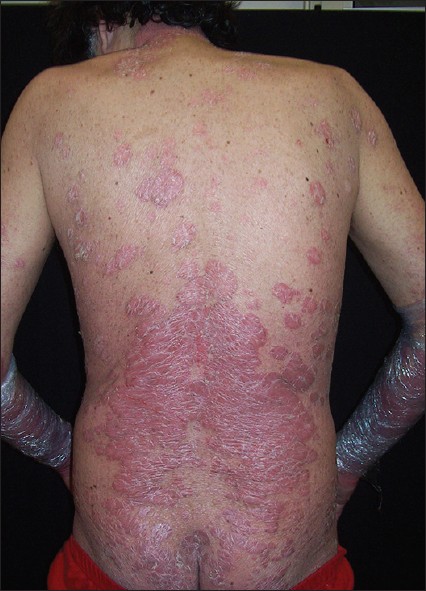



Indian Journal Of Dermatology Venereology And Leprology Long Term Management Of Hiv Hepatitis C Virus Associated Psoriasis With Etanercept



3
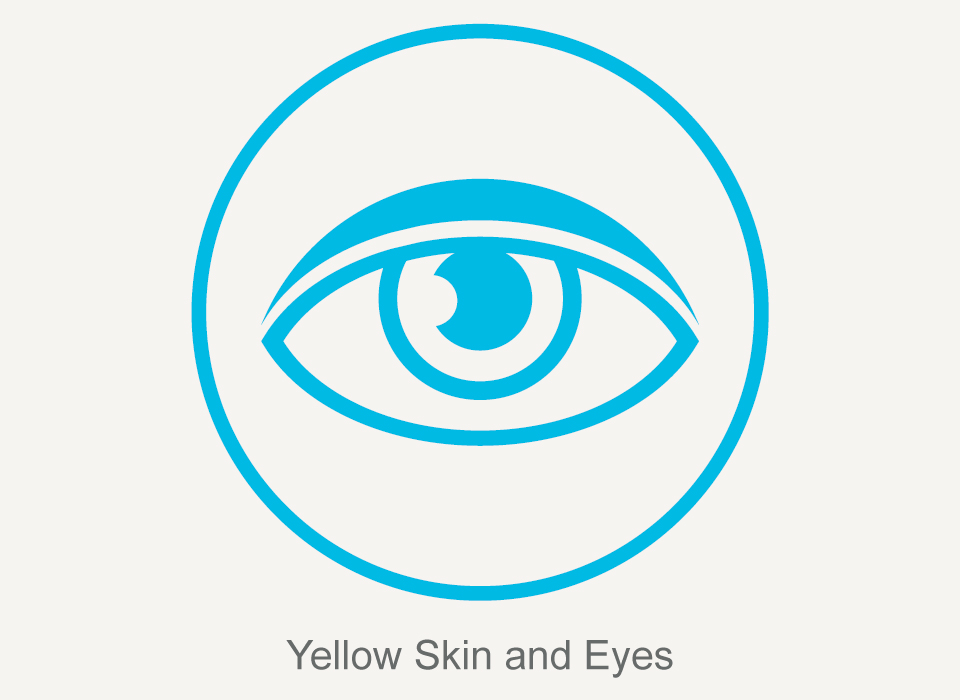



Hepatitis C Symptoms About Hcv Infection Causes Acute Viral Ashray



Overview Of Hepatitis C And Skin Document Gale Academic Onefile




Hepatitis C Symptoms Hepatitis Australia




Hepatitis C Virus Induced Cryoglobulinemia Kidney International




Skin Manifestations Of Chronic Hepatitis C Virus Infection Infectious Disease Advisor




9 Effects Of Hepatitis C On Your Body




Signs And Symptoms Of Hepatitis C Everyday Health




What Skin Symptoms Does Hepatitis C Cause




Is It A Hepatitis C Rash




Hepatitis C Virus Infection Beyond The Liver Bmj Case Reports




Skin Manifestations Of Chronic Hepatitis C Virus Infection Infectious Disease Advisor




Hepatitis C Symptoms Signs You Could Have Hepatitis C Health Com




What Does Hepatitis C Look Like




Pdf Hepatitis C Virus Infection As A Provocative Agent For Cutaneous Vasculitis




What Hepatitis Looks Like On Your Face
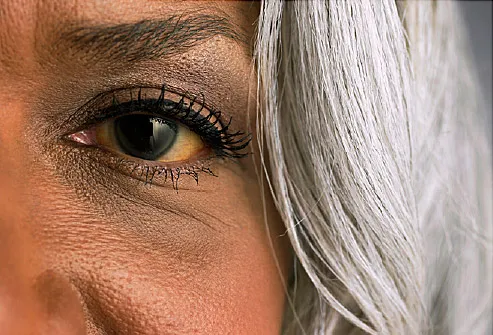



13 Skin Problems And Rashes Caused By Hepatitis C




Skin Disorders Associated With Hepatitis C Virus Infection Download Table
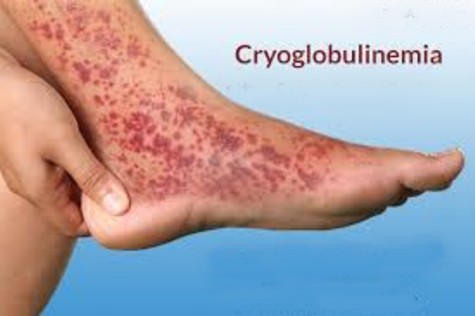



Skin Rashes From Hepatitis C Hepatitis C Treatment




A Visual Guide To Hepatitis A B C




Sofosbuvir Daclatasvir Improves Hepatitis C Virus Induced Mixed Cryogl Idr




Is Your Rash Caused By Hepatitis C




Skin Manifestations Of Chronic Hepatitis C Virus Infection Infectious Disease Advisor




Hep C Symptoms Could Your Rash Be One Hepatitis Central




What Are The Hep C Symptoms That You Need To Watch Out For




Hepatitis C Symptoms Causes Transmission Treatment And More




What Does Hepatitis C Look Like




Skin Manifestations Of Chronic Hepatitis C Virus Infection Infectious Disease Advisor



Devon Nicholson Has An 86 Chance Of Beating Hepatitis C




Patient S Psoriasis Improves With Initiation Of Hepatitis C Therapy Osaka City University




Hep C Symptoms Skin Hep C Rash
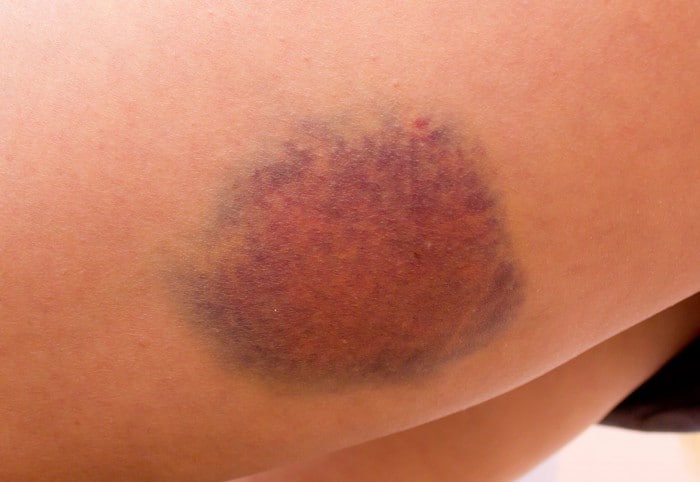



Hep C Symptoms Could Your Rash Be One Hepatitis Central




Is Your Rash Caused By Hepatitis C




Hepatitis C Symptoms Diagnosis Treatment Cure




Chronic Hepatitis C And Skin Diseases A Review Mayo Clinic Proceedings




Acute Hepatitis C In A Patient Receiving Etanercept Sciencedirect
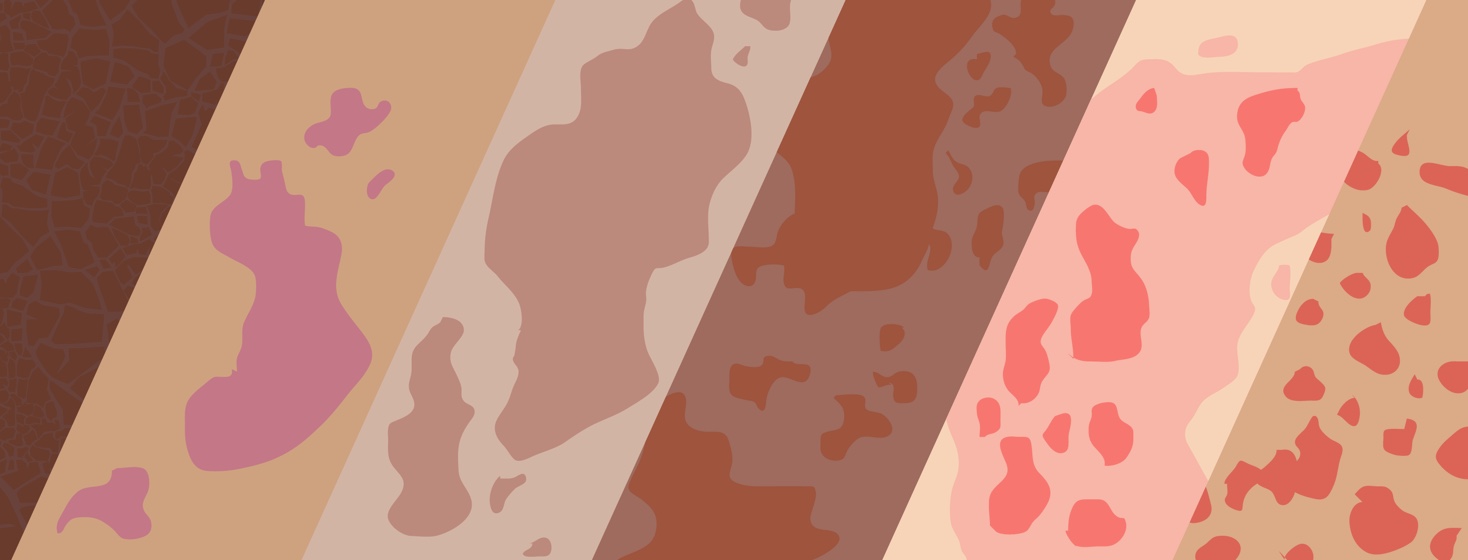



How Hepatitis C Affects Skin Common Skin Conditions



Can Hep C Cause A Rash




Hepatitis C And The Skin Dermatologic Clinics
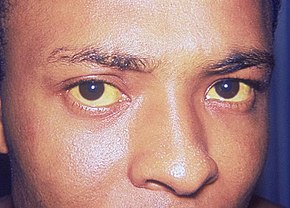



Hepatitis Wikipedia




Favorite Tweet Category Tuesday Poster Session P2348 Stevens Johnson Syndrome In A Chronic Hepatitis C Patient Treated With Zepatier Elbasvir Grazoprevir Tuesday Oct 17 10 30 Am 4 30 Pm Category Liver Sub Category Clinical Vignettes




What Does Hepatitis C Look Like
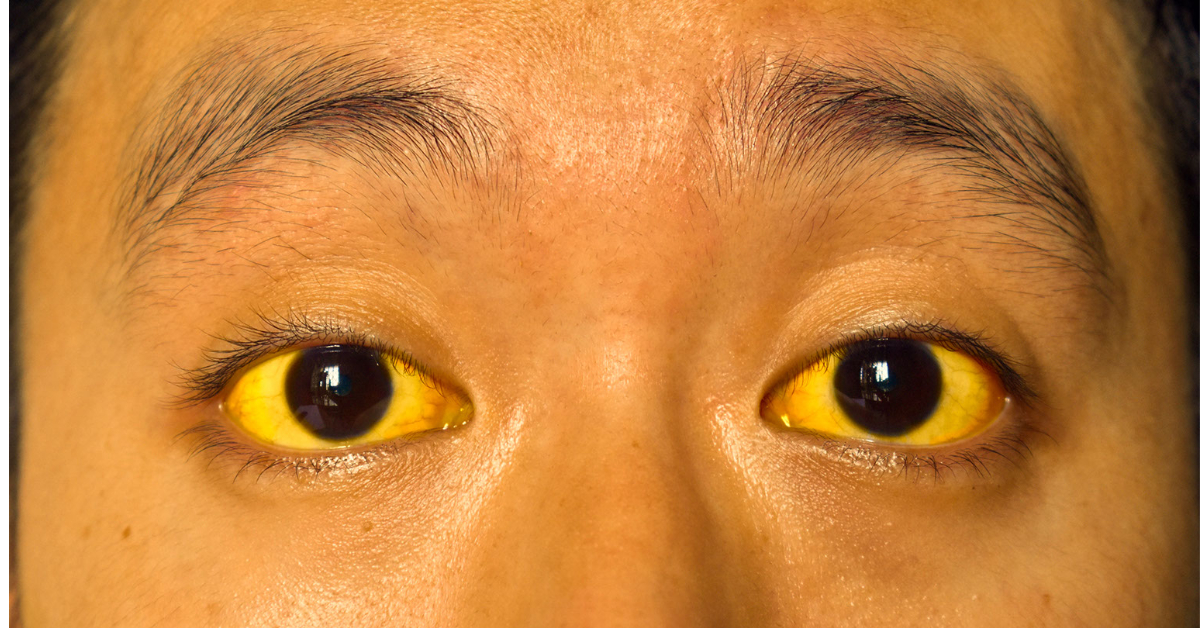



Hepatitis C Causes Symptoms Diagnosis Treatment
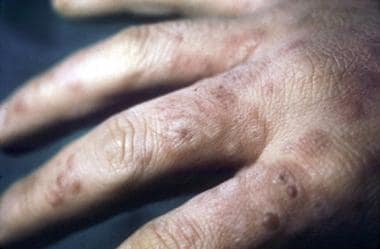



Cutaneous Manifestations Of Hepatitis C Clinical Presentation History Physical Examination Complications




Hep C Medication Hepatitis C Treatment Liver Specialist Perth
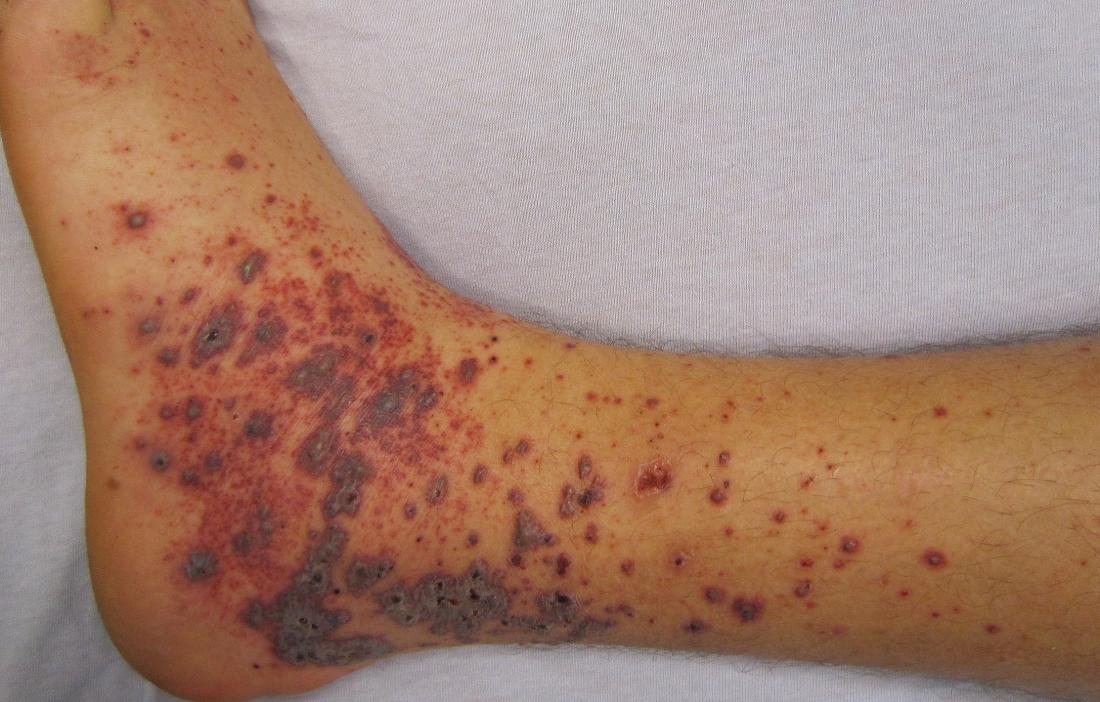



Is It A Hepatitis C Rash




Hyperkeratotic Lesions In A Patient With Hepatitis C Virus Mdedge Dermatology
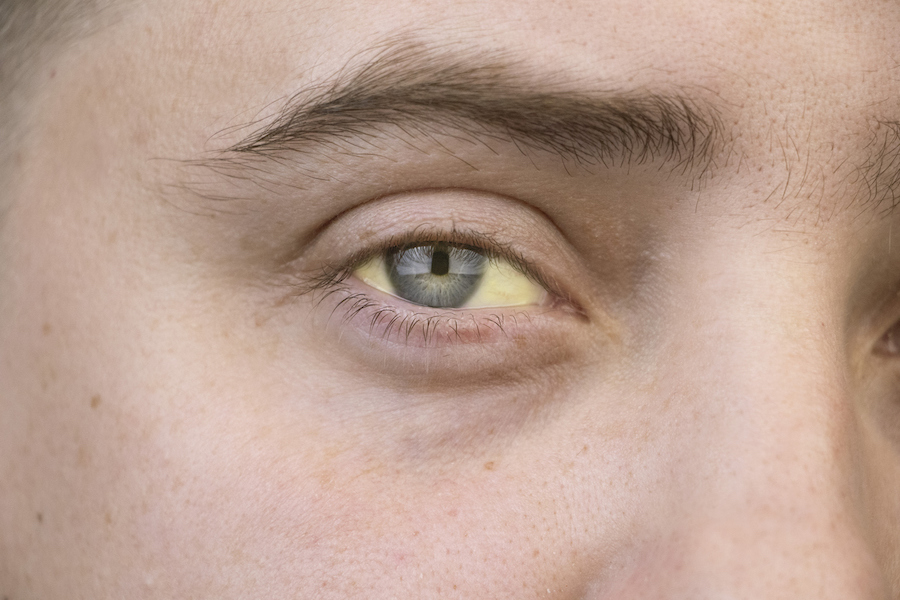



How To Diagnose Hepatitis C




Dermatological Side Effects Of Hepatitis C And Its Treatment Patient Management In The Era Of Direct Acting Antivirals Sciencedirect




Skin Manifestations Of Chronic Hepatitis C Virus Infection Infectious Disease Advisor




Hepatitis C Disease En Fitness Hcv Health Hepatitis Infection Set Glogster Edu Interactive Multimedia Posters



Hep C Treatment Blog Hemophilia Blog




Cryoglobulinaemia Induced Digital Gangrene In A Case Of Hepatitis C Bmj Case Reports




Health And Weight Loss The Hepatitis C Skin Lesions
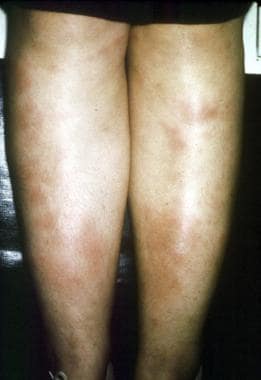



Cutaneous Manifestations Of Hepatitis C Clinical Presentation History Physical Examination Complications


コメント
コメントを投稿